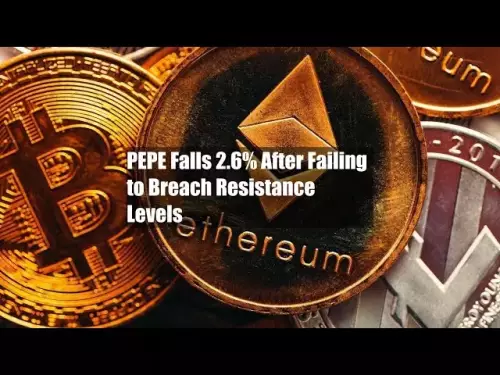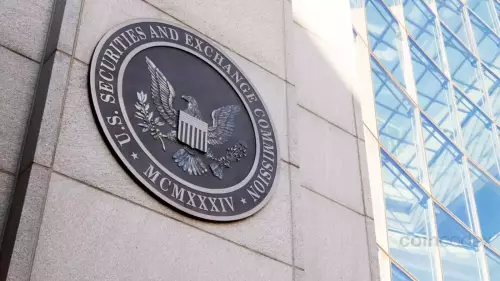Poland's proposed crypto regulations exceed EU standards, igniting a fierce debate. Will it stifle innovation or set a precedent?

Poland's Crypto Bill Sparks Backlash: A Deep Dive into the Controversy
Poland is facing a crypto conundrum. A new bill, designed to align with EU standards, has ignited a firestorm of controversy. Is it a necessary step towards consumer protection, or a heavy-handed approach that will stifle innovation? Let's dive in.
Stricter Than EU Standards: A Bold Move?
Poland's proposed Crypto-Asset Market Act goes beyond the EU's Markets in Crypto-Assets Regulation (MiCA), imposing stricter registration, reporting, and AML requirements. This has triggered a wave of concern among traders, advocacy groups, and local businesses, who fear the law will increase compliance costs and push users to offshore platforms.
Public Outcry: Are Regulators Overreaching?
The public backlash has been significant. Many Polish crypto enthusiasts feel the government is overreaching by forcing exchanges to collect detailed customer data. As one Warsaw-based trader put it, "They’re treating regular investors like criminals.” This sentiment is echoed by industry associations, who warn that compliance costs could rise dramatically, potentially harming Poland's competitiveness.
A Potential Divide in the EU Crypto Landscape
Poland's hardline stance could isolate it from more crypto-friendly EU states like France and Germany, which have adopted a more measured approach. While Poland aims to crack down on perceived systemic risks, this could make it less attractive for blockchain startups and fintech investment.
My Take: A Balancing Act
While consumer protection is crucial, overly strict regulations can stifle innovation and drive businesses elsewhere. The key is finding a balance that encourages growth while safeguarding users. Poland's approach risks throwing the baby out with the bathwater. By imposing rules that exceed EU's MiCA standards, Poland risks isolating itself from other more crypto-friendly countries. As Bitcoin.pl, Poland's largest virtual asset media outlet, has criticized that "(KNF's powers are) not market supervision but a repressive tool," saying "it could place a heavy burden on small operators."
What's Next?
The bill is now in the hands of the Senate, where it will face intense scrutiny. Amendments could soften some of the most contentious provisions, but the government seems determined to push ahead. The next few weeks will be critical in shaping Poland's cryptocurrency landscape.
So, will Poland become a crypto haven or a regulatory desert? Only time will tell. But one thing's for sure: the debate is far from over, and the world is watching.
Disclaimer:info@kdj.com
The information provided is not trading advice. kdj.com does not assume any responsibility for any investments made based on the information provided in this article. Cryptocurrencies are highly volatile and it is highly recommended that you invest with caution after thorough research!
If you believe that the content used on this website infringes your copyright, please contact us immediately (info@kdj.com) and we will delete it promptly.














































































